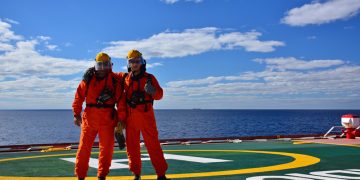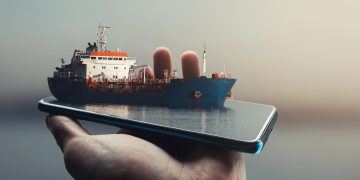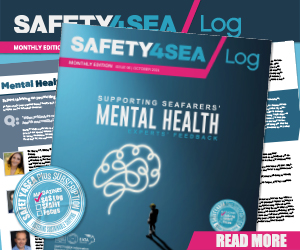Strong call for green innovation on APM 2014
Asia Pacific Maritime (APM), concluded with a forward-looking outlook. Three days of bustling business activity on the exhibition floor, including signed deals, announcement of new offices and facilities in Singapore, and the launch of new technology and products among 1,518 participating companies from 60 countries, point towards a slowly recovering maritime industry. APM 2014, which took place 19 to 21 March 2014, received a total of 14,239 visitors from over 64 countries, an 11 per cent growth from its last edition in 2012. APM delegates heard first-hand insights on key growth areas in the Asia-Pacific region, Asia's impact on container shipping and dry bulk demand, as well as viable solutions to improve efficiency, cut cost and make a green impact in the face of tightening environmental and energy policies imposed on the maritime industry. Green Solutions presented during the event An indisputable relationship between going green and future cost-savings is drawn from the series of high-powered conferences held at APM, themed 'Repositioning for Growth in the Asia Pacific Region'. "Eco-shipping can obtain Return On Investment (ROI) for ship owners," said Mr Peter Sand, BIMCO Chief Shipping Analyst. "Bunker costs have turned the cost picture upside down as oil prices continue ...
Read more






















































